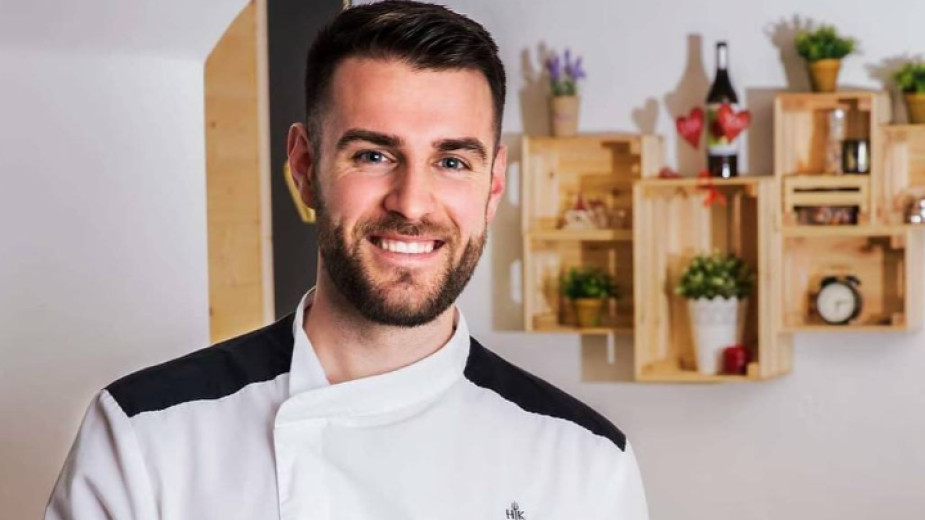 7
7
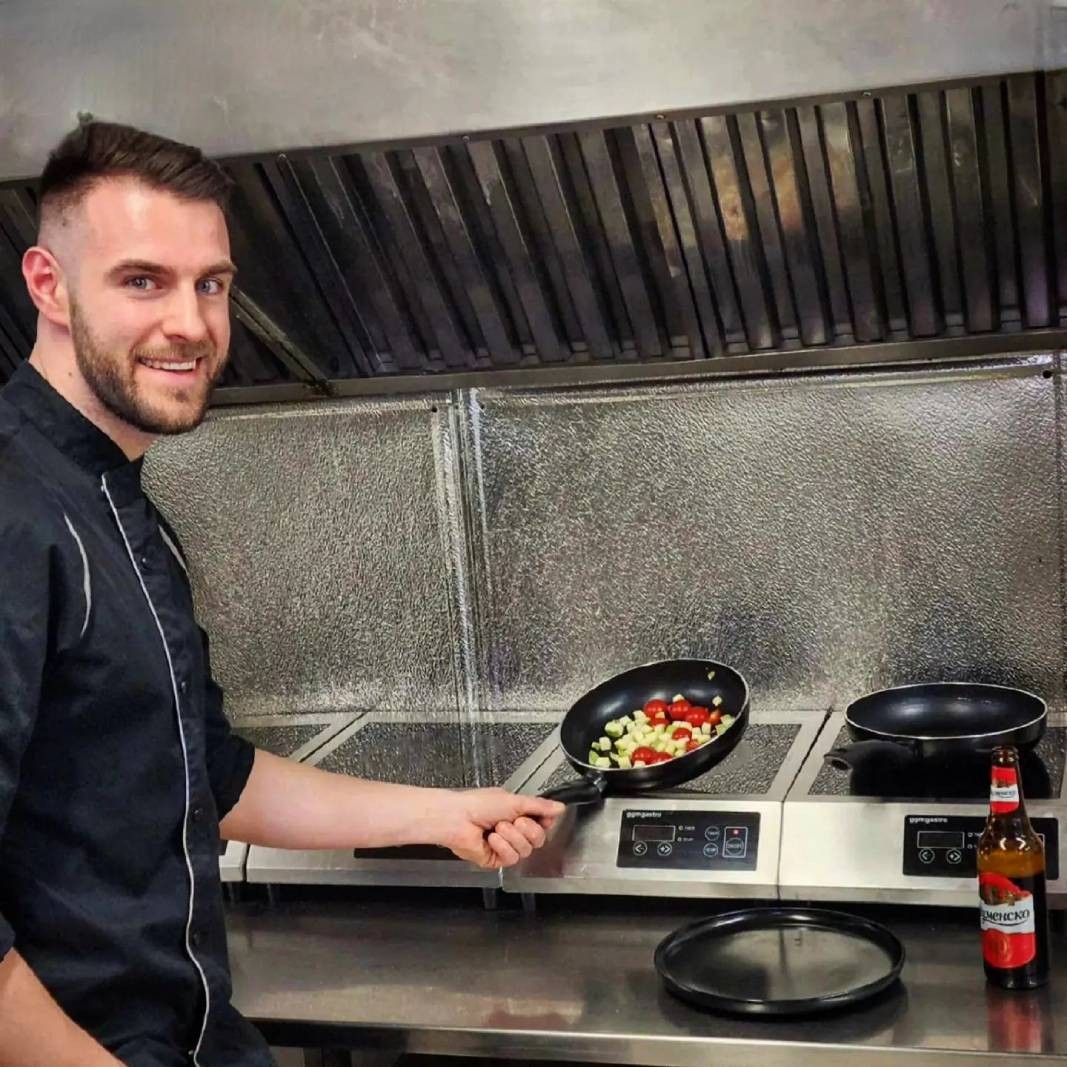
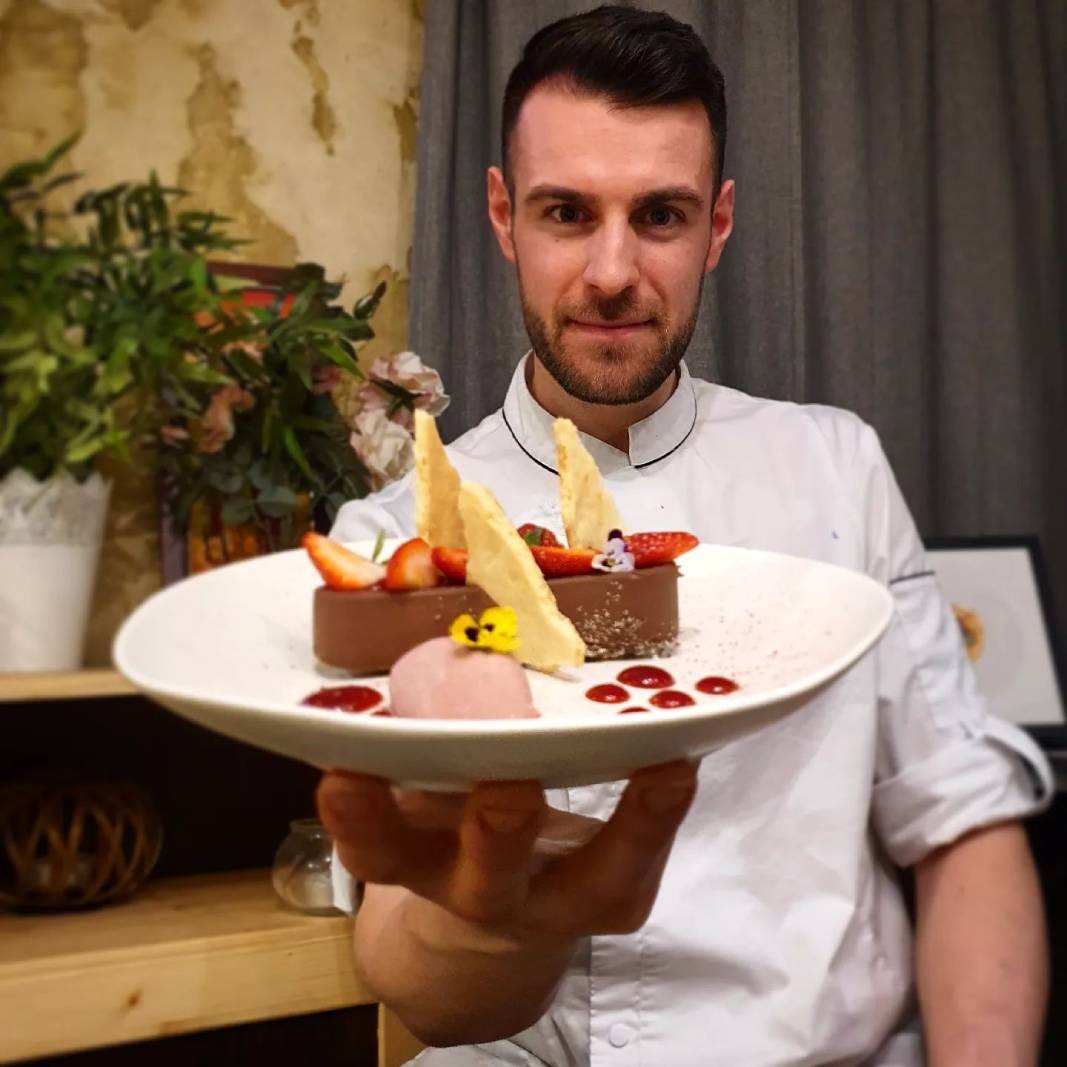


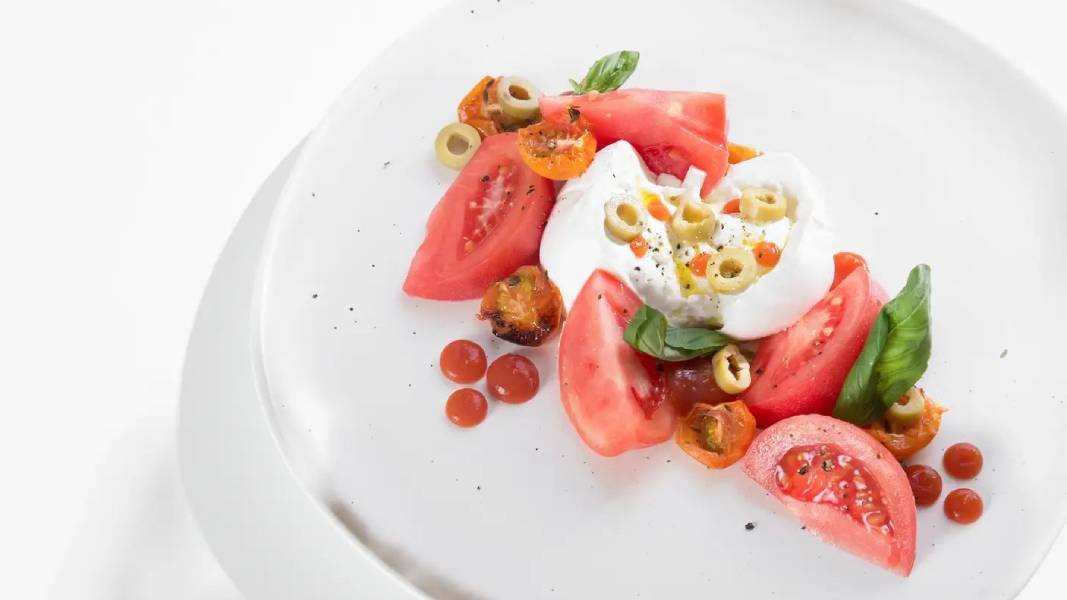
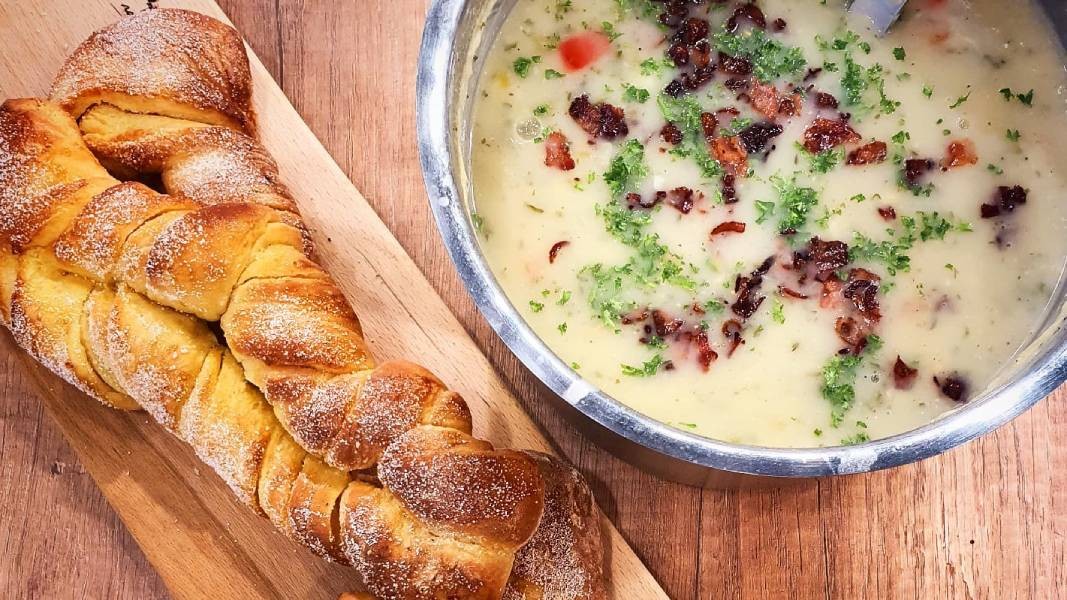
As every year, the second Sunday of August is the day on which the hunting season opens for quail, wood pigeon, turtledove and migratory game species. According to the established rules, hunting can only take place during the day, one hour before..
A march called "Peace Bell" passes through Bulgaria. The initiative is from the German union of the same name. The participants firmly believe that ordinary people should make every effort to preserve peace, in times when there are many wars and..
Fiscal measures hit households in Romania amid record deficit Romania is entering a difficult economic period, with commentators expecting the crisis to last at least a year. Since August 1, the country has been implementing new fiscal measures to..
As every year, the second Sunday of August is the day on which the hunting season opens for quail, wood pigeon, turtledove and migratory game species...

+359 2 9336 661
